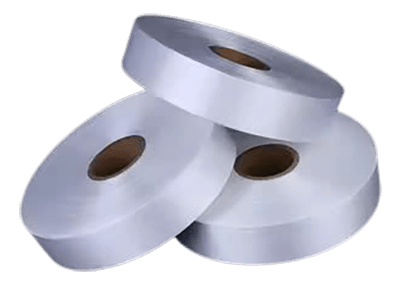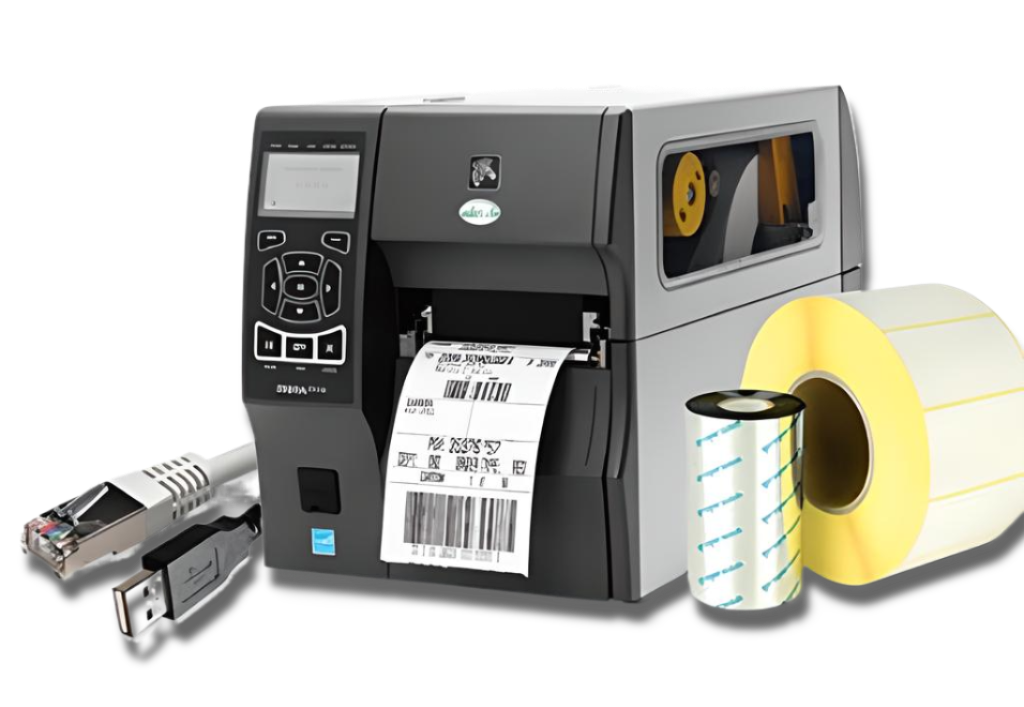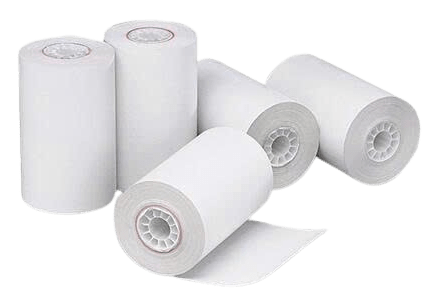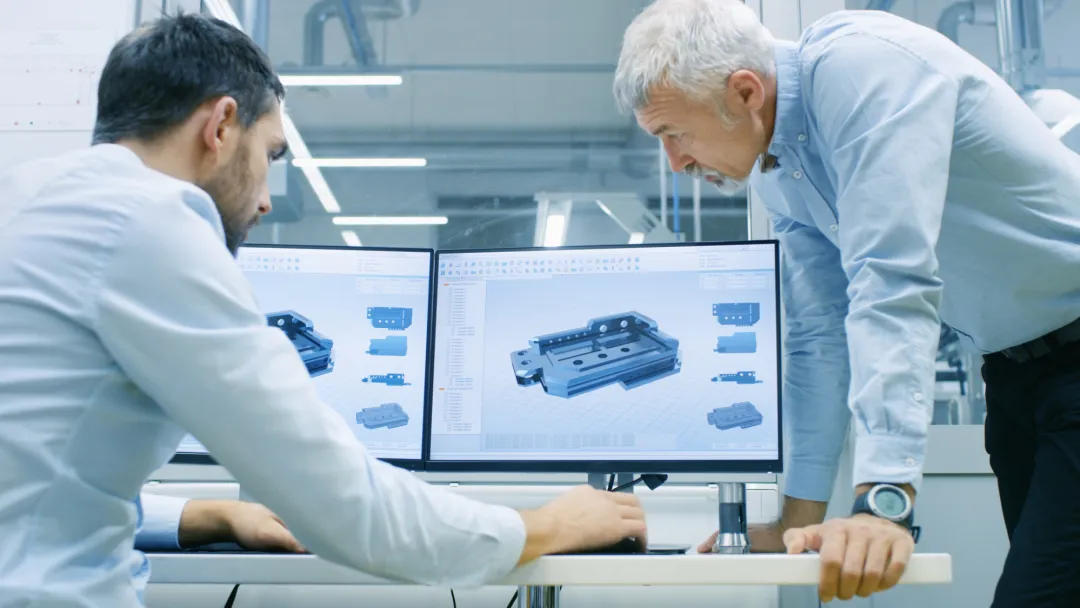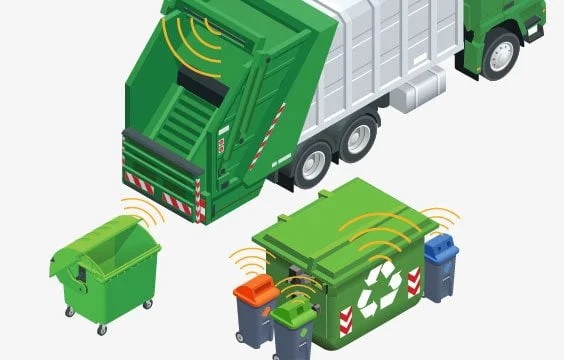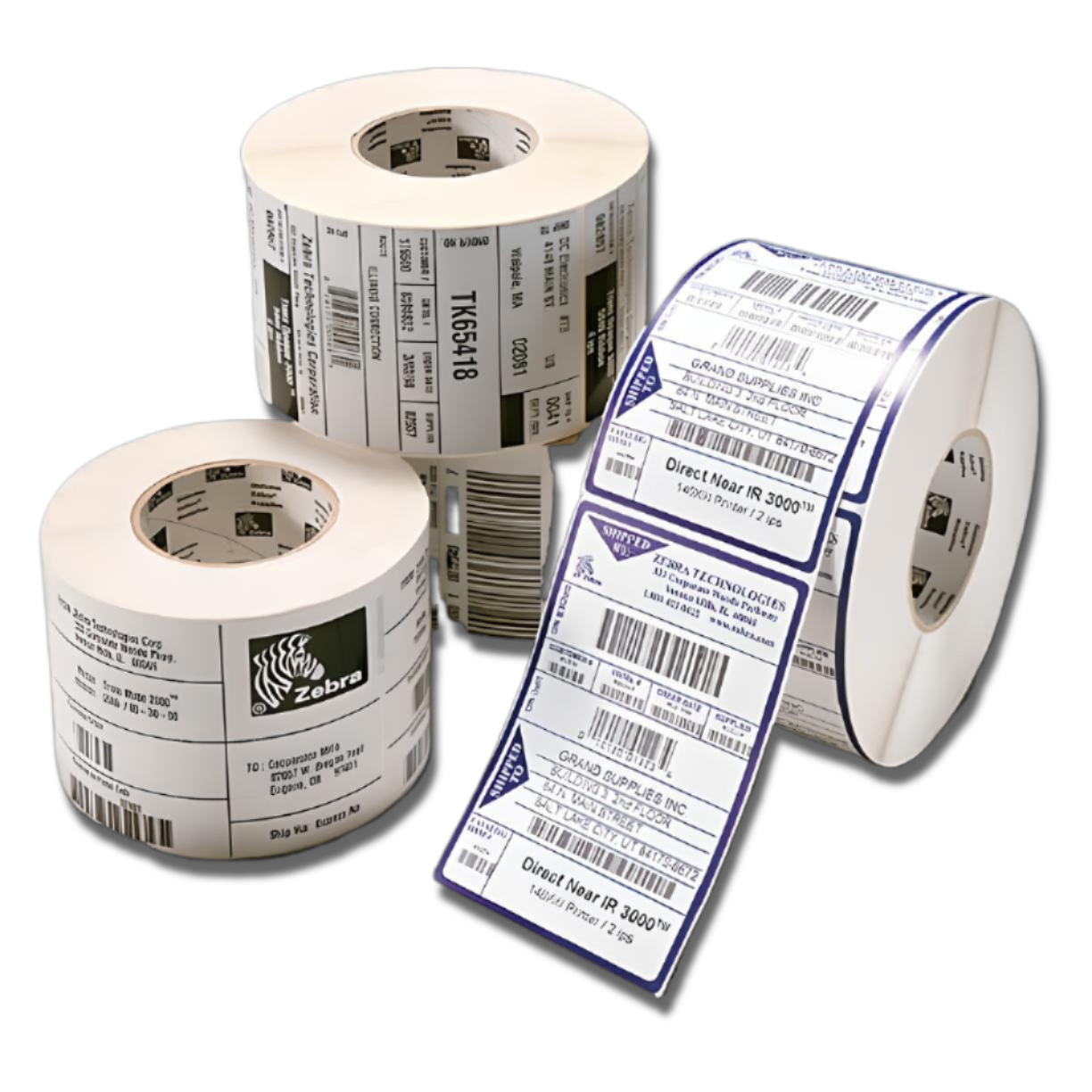
RFID (Radio-Frequency Identification) is becoming an indispensable tool in the management of medical solid waste. This technology offers many significant benefits compared to traditional methods, contributing to improving efficiency and safety in the collection, transportation and treatment of this hazardous waste.
Why RFID solution for medical solid waste?
Medical solid waste contains many dangerous pathogens, requiring strict management processes to prevent the spread of disease. Traditional solutions often have difficulty in tracking each bin in detail and accurately, leading to many risks such as:
- Loss of control: Not knowing the source, type and amount of waste.
- Information leakage: Loss and falsification of documents are likely to occur.
- Contamination Risk: Difficult to properly classify and dispose of.
How does RFID solution work?
- RFID tagging: Each medical solid waste container will be attached with an RFID tag containing information about the origin, type of waste, collection date, etc.
- Read and write data: When the bin is moved, the information on the tag will be automatically read and recorded by RFID readers located at control points.
- Tracking and management: The collected data will be transmitted to the central management system, allowing users to track the entire movement of the trash, from generation to complete disposal.
Benefits of RFID solutions
- Enhanced safety: Closely monitor the journey of each trash can, minimizing the risk of leakage and loss.
- Improve efficiency: Automate the recording and reporting process, reducing human error.
- Transparency: Provide detailed, transparent information about the waste management process.
- Regulatory Compliance: Ensure compliance with medical waste management regulations.
- Efficient warehouse management: Track inventory and expiration dates of medical supplies.
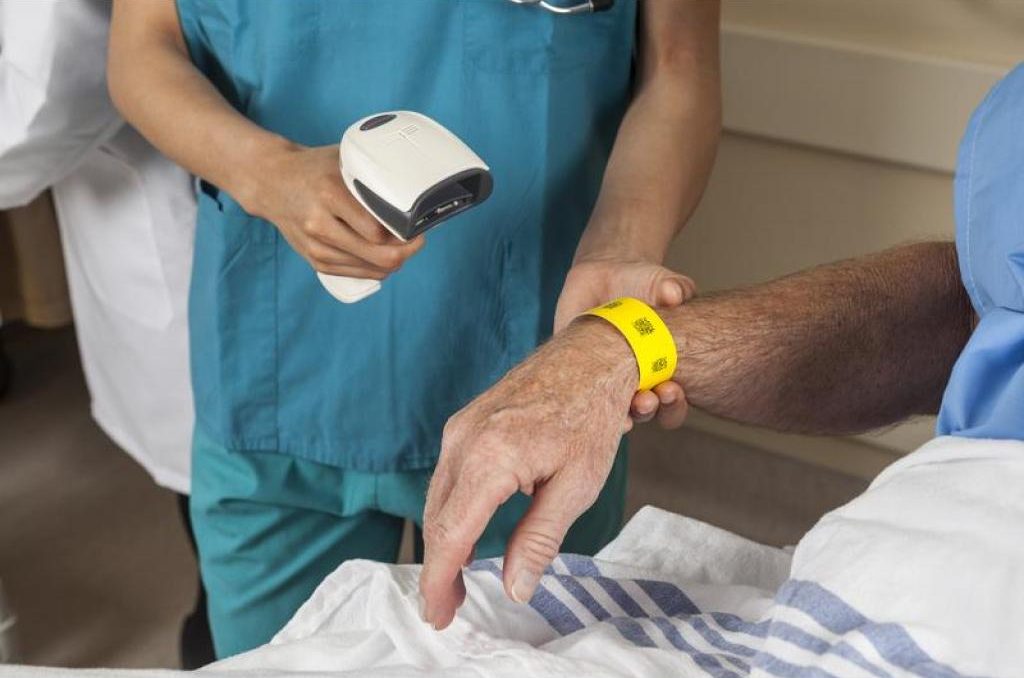
Application of RFID in medical solid waste management
- Bin Tracking: Record the location and movement schedule of each bin.
- Waste classification: Identify waste types for proper classification and disposal.
- Employee management: Monitor the activities of waste collection and treatment staff.
- Access Control: Restrict unauthorized persons from contact with hazardous waste.
Conclude
RFID solutions bring a revolution in medical solid waste management, helping to ensure safety for the community and the environment. The application of this technology not only improves work efficiency but also contributes to building a professional and modern waste management system.




